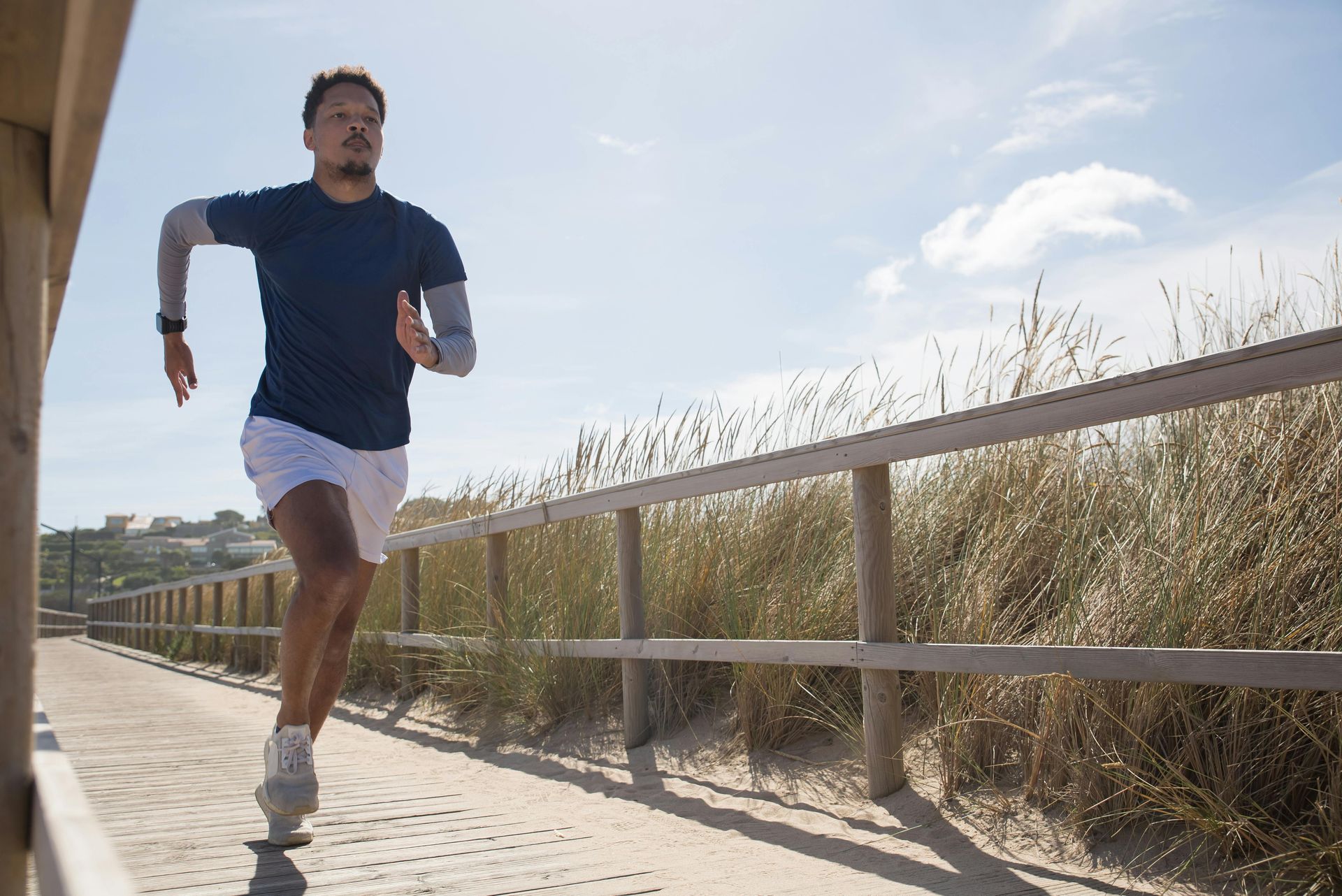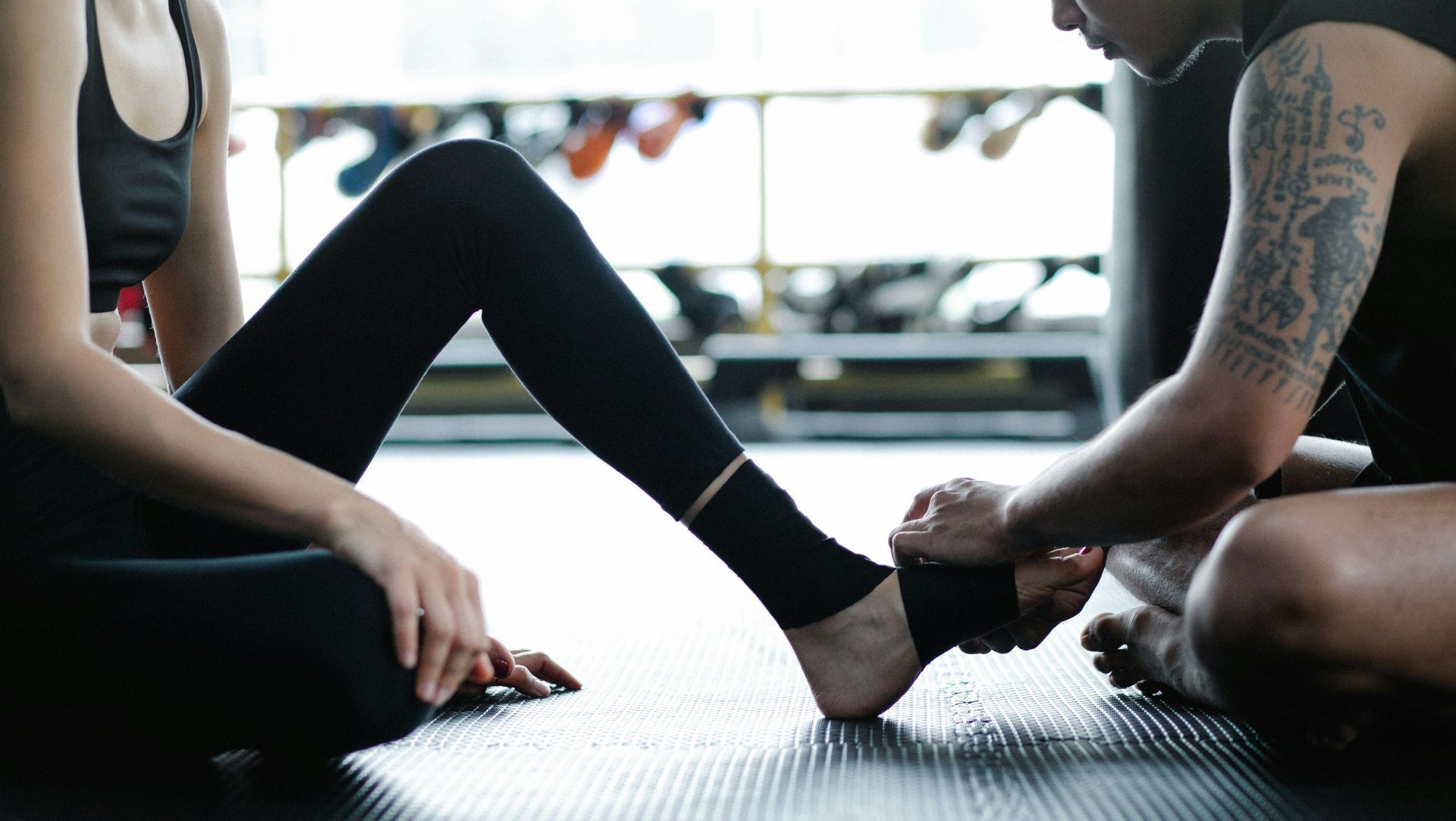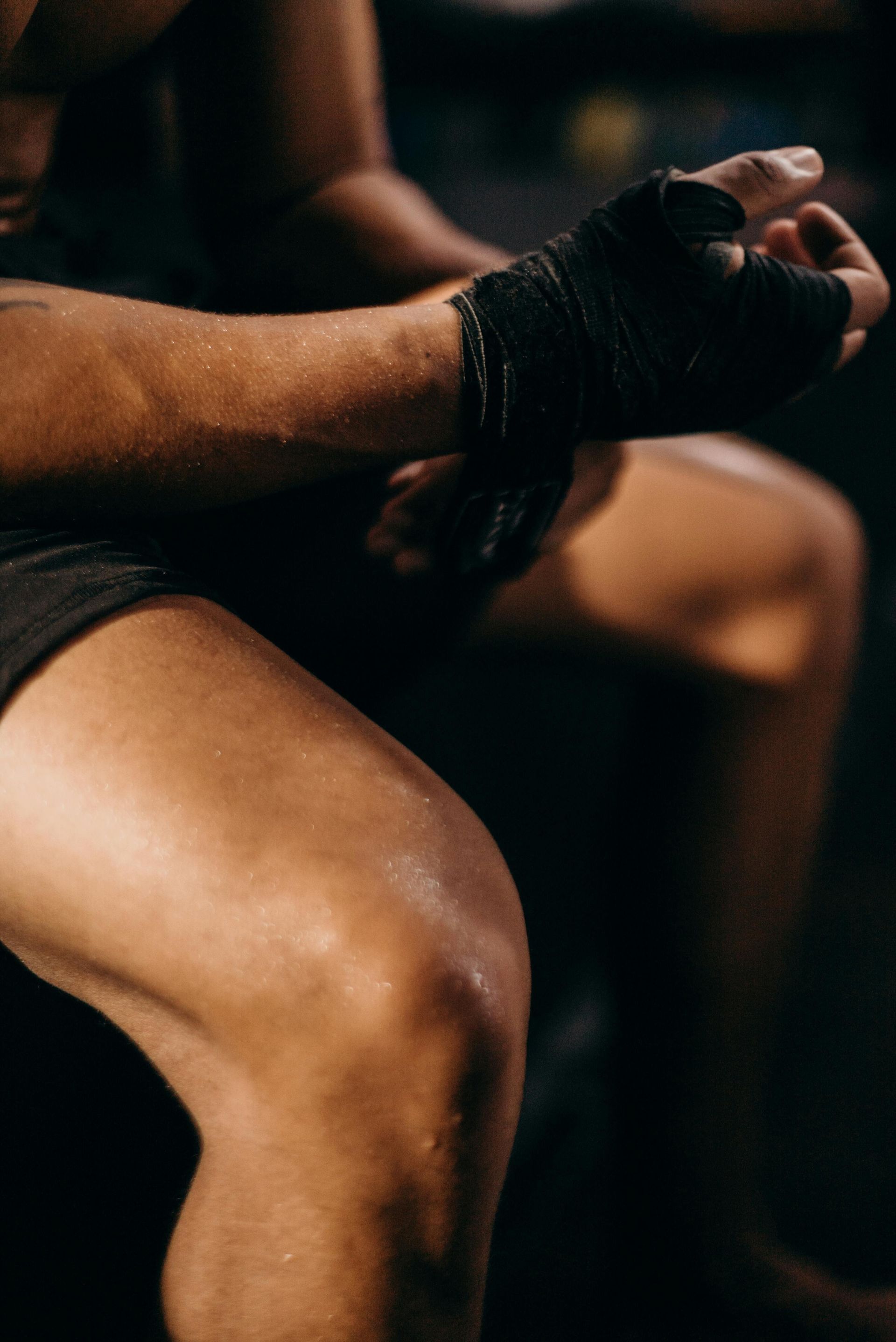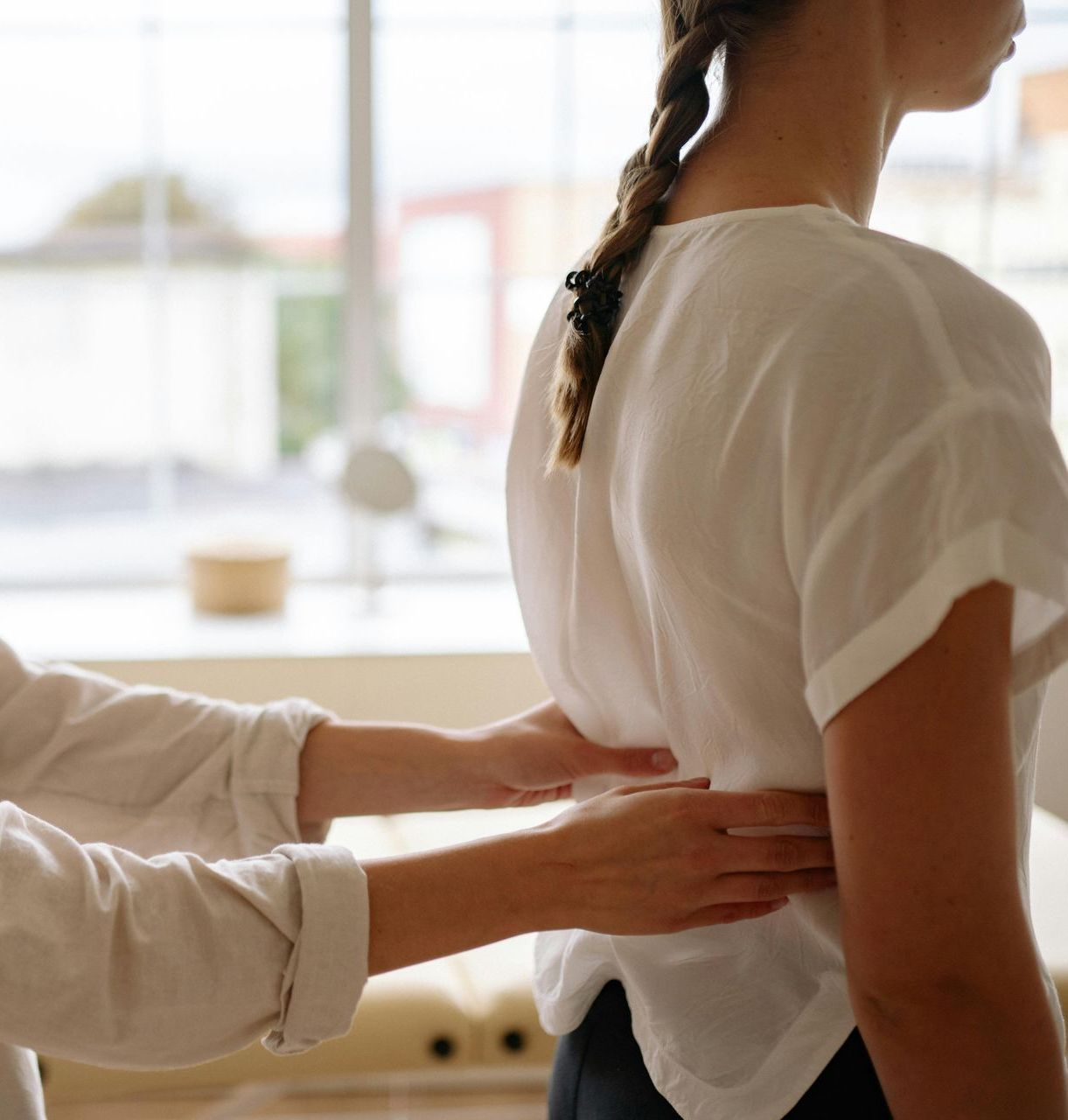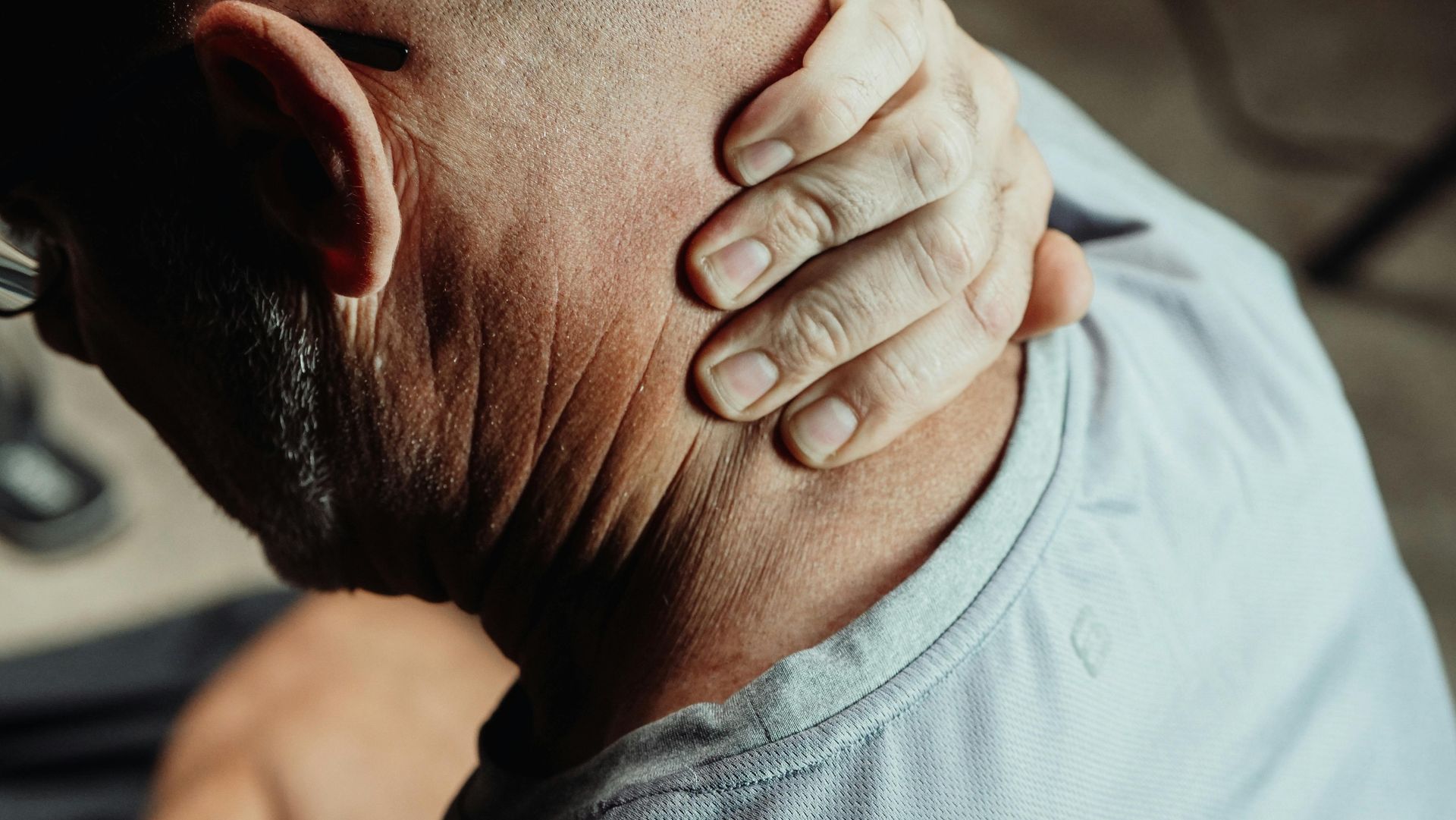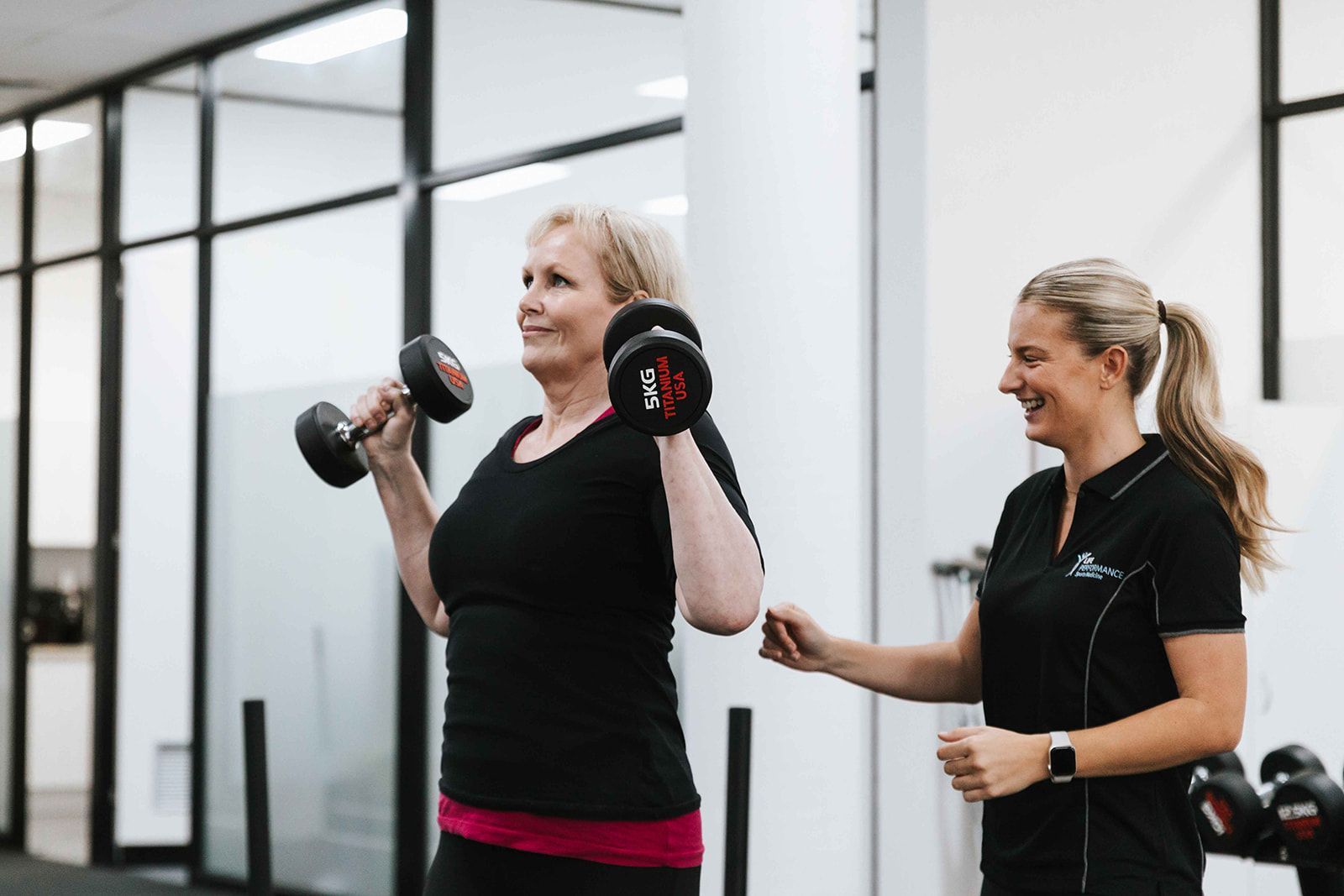Kicking Load
This one goes out to all our field based athletes out there! For many of you, the start of your footy or soccer season is on the horizon. You might have played a few practice games, the team’s running load has picked up, and you’re starting to do more game -like drills.
Whilst this is exciting and often more enjoyable than earlier parts of pre-season, it can also spell trouble. A ramp up in intensity, plus more kicking and more running can be a lot of change for any athlete. Whilst most of you will have a smart watch to track your running (or access to GPS systems if you’re lucky), how many of you
track your kicking load?
A common injury we see at this time of year amongst our kicking athletes is a quadriceps strain, specifically to a muscle called your rectus femoris. Increases in kicking loads are a big risk factor for rectus femoris strains.
Whilst it can be difficult to track how many times you kick the ball in any given session, there are some things we can implement to reduce the risk of a rectus femoris strain:
- Avoid extra skills sessions involving repeated kicking,
especially during a period when the team is running more, running faster and kicking more during regular training (like now!). If you do want to get some extra touch, perhaps limit your kicking and focus on other skills instead. For example, headers for a soccer player or handballs for a footy player.
- Pay particular attention to your kicking load if you are coming back from an injury. This doesn’t have to be a quadricep / rectus femoris injury. Research tells us that a hamstring strain is a risk factor for a future quadricep strain. Kicking load also tends to fall during other injuries as it may be inappropriate or painful to kick, for example after a knee or ankle injury, so a sudden increase in kicking after one of these injuries can lead to a quadricep injury.
- Recover well; this is true for any injury, but especially when the demands on your body are so high at this point of pre-season, it is important to ensure your body gets the recovery it needs. We always hear about getting 7-8 hours of good quality sleep, but it is so important. Fuelling your body with healthy, nutritious food, and drinking enough water, are equally important. Pool/ spa sessions, massage or stretching can also help as well.
All in all, enjoy the final weeks of pre-season and the excitement it brings for the games that lie ahead. Monitor how much running you are doing, but please also keep an eye out for how much kicking you are doing. In doing so, you will lower your risk of a quadricep strain, and hopefully keep yourself on the park in the process!
